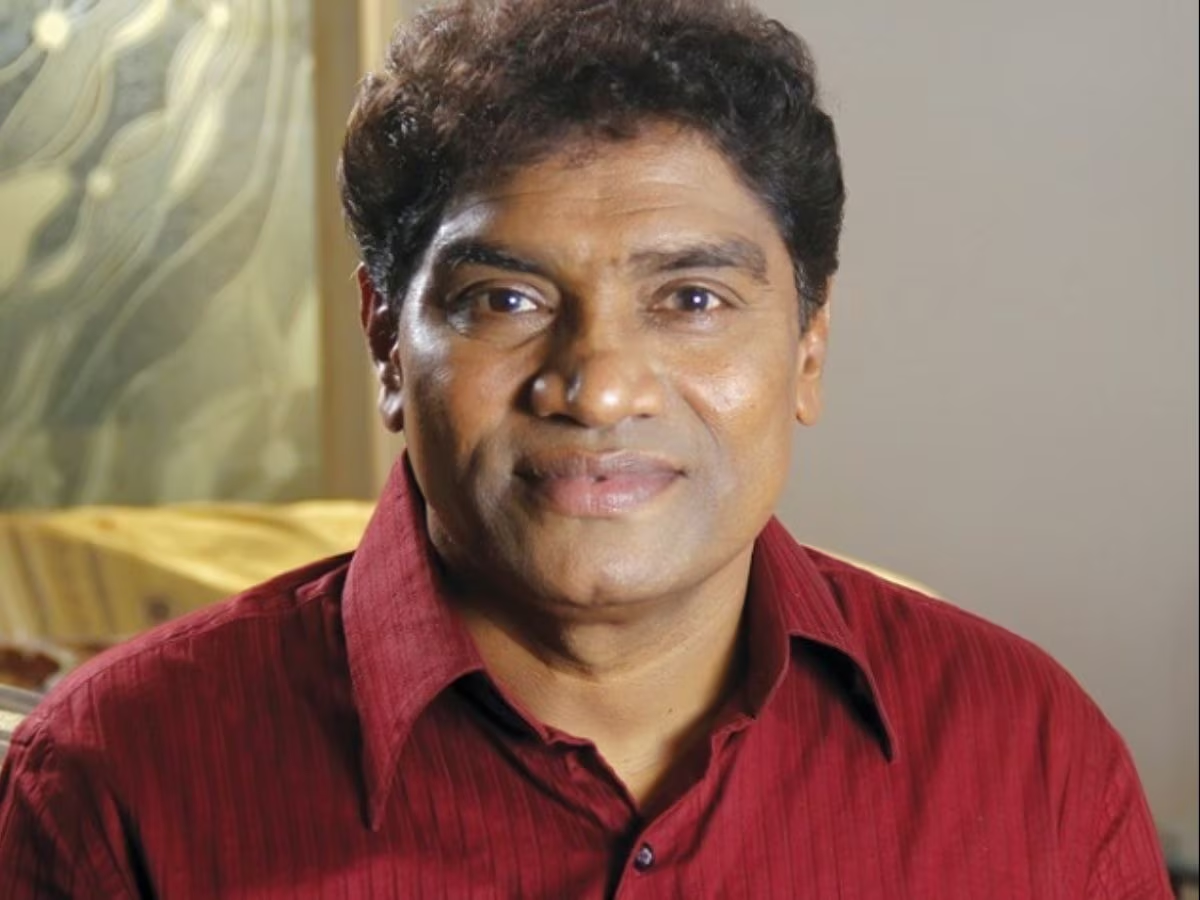Now Reading: Sydney Sweeney Faces Online Backlash Again, This Time Over Political Affiliation
-
01
Sydney Sweeney Faces Online Backlash Again, This Time Over Political Affiliation
Sydney Sweeney Faces Online Backlash Again, This Time Over Political Affiliation

Hollywood actor Sydney Sweeney has once again found herself at the center of social media outrage—this time for her reported Republican Party affiliation. Just weeks after facing criticism for her appearance in an American Eagle advertisement, the Euphoria star is now being called out over her personal political choices, reigniting a debate around celebrity identity, public expectations, and political labels.
What Sparked the Controversy
According to publicly available data in the United States, Sweeney is a registered Republican. While voter registration is a private choice in most democracies, in the US, this information can often be accessed publicly. Once her registration details surfaced online, criticism began pouring in from a section of fans and critics, particularly those who oppose Republican policies on social issues.
The backlash quickly escalated, with many on social media questioning her values, while others defended her right to a personal political stance.
The Role of Celebrity and Public Perception
The reaction has once again highlighted how public figures—especially women in the entertainment industry—are often expected to conform to specific ideological or political norms. In the US, where the political divide has grown sharper in recent years, any perceived alignment with a particular party can draw immediate and polarised responses.
For young audiences in India’s Tier 2 cities, where global pop culture has a strong influence, incidents like these open up broader questions: Should celebrities be judged by their political affiliations? And is there still space for nuance in an online world that runs on outrage?
Context Matters, But Does It Get Lost Online?
Supporters of Sweeney argue that being registered with a party doesn’t necessarily mean endorsing all its positions. Many register for reasons ranging from local voting eligibility to family tradition. Critics, however, feel that public figures must take responsibility for the signals they send—especially when their fanbase includes young, impressionable viewers.
The issue is not new. Several global celebrities have previously faced similar scrutiny, whether for staying silent on major issues or expressing views that don’t align with dominant narratives on social media.
India’s Angle: When Politics Meets Pop Culture
In India too, celebrity alignments—real or perceived—often stir public reaction. From Bollywood actors being associated with political leaders to cricketers attending political events, fan responses tend to be emotional and divided. But in Tier 2 cities, where political literacy is growing alongside digital media exposure, people are starting to ask better questions about privacy, freedom of expression, and accountability.
Sweeney’s situation mirrors the global trend of collapsing boundaries between public and private life, especially in the internet age.
Conclusion
Sydney Sweeney’s ongoing controversy reflects a growing tension between personal choice and public expectation. In a hyper-connected world, where every detail is amplified and interpreted through political lenses, even a voter registration can turn into headline news. Whether or not one agrees with her choices, the larger takeaway is clear—celebrity life today is no longer just about talent, it’s about every label you carry, every move you make, and how loudly the internet reacts to it.
























